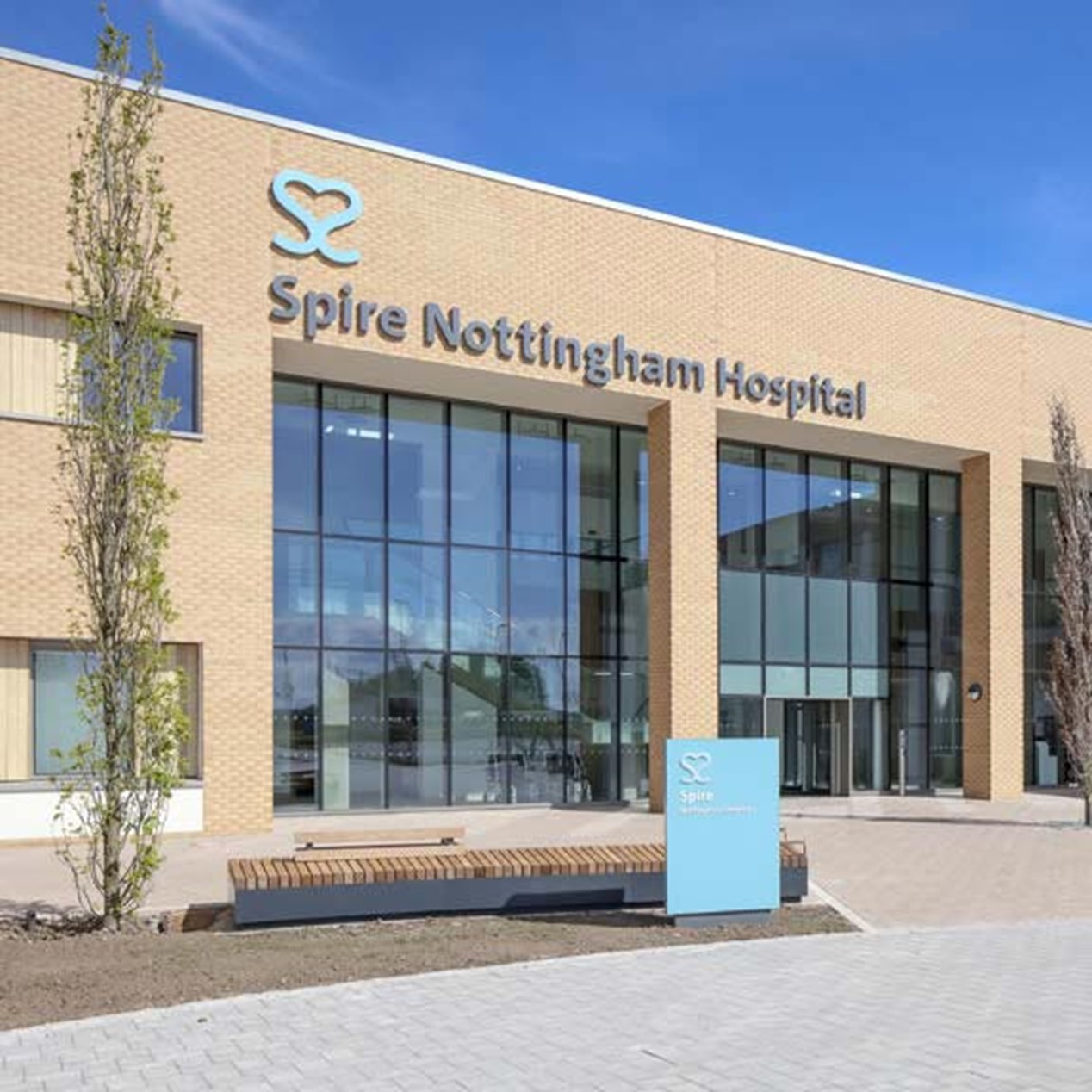Prior to any surgery, an MRI scan or physiotherapy may be carried out. Arthroscopy (or keyhole surgery) may be recommended to determine how unstable the shoulder joint is.
Why you might need it
The shoulder is the most commonly dislocated joint in the body. Some people develop recurrent problems with either repeated dislocations or the feeling that the shoulder is about to dislocate. This commonly occurs in people in their late teens or early twenties and may also cause pain in the shoulder.
The initial dislocation is usually related to an accident, commonly in sport, and causes damage to the rim of the joint, which does not heal properly and leads to a long-term weakness. Physiotherapy may make the shoulder more stable but may not prevent further dislocation. If the symptoms interfere with everyday activities or sport reconstructive surgery can be indicated.
Prior to reconstructive surgery an MRI scan may be carried out, but commonly surgeons will recommend arthroscopy to determine how unstable the joint is and whether there is any damage to the joint. Stabilisation can be performed under the same anaesthetic as the arthroscopy.
Find a Spire hospital offering this treatment

Who will do it?
Our patients are at the heart of what we do and we want you to be in control of your care. To us, that means you can choose the consultant you want to see, and when you want. They'll be with you every step of the way: from giving advice at your first consultation, through to offering ongoing support after your treatment.
All of our consultants are of the highest calibre and benefit from working in our modern, well equipped hospitals.
Our consultants have high standards to meet, often holding specialist NHS posts and delivering expertise in complex sub-specialty surgeries. Many of our consultants have international reputations for their research in their specialised field.
Before your treatment
You will have a formal consultation with a healthcare professional. During this time you will be able to explain your medical history, symptoms and raise any concerns that you might have.
We will also discuss with you whether any further diagnostic tests, such as scans or blood tests, are needed. Any additional costs will be discussed before further tests are carried out.
Preparing for your treatment
We've tried to make your experience with us as easy and relaxed as possible.
For more information on visiting hours, our food, what to pack if you're staying with us, parking and all those other important practicalities, please visit our patient information pages.
Our dedicated team will also give you tailored advice to follow in the run up to your visit.
The procedure
Stabilisation can be performed arthroscopically and involves fixing the rim of the shoulder joint with absorbable tacks. For more unstable shoulders, open surgery may be required.
Open surgery is performed through a 5-10 cm incision on the front of the shoulder and the rim can be reattached as well as tightening the loose tissue at the front of the joint, which has been stretched by the recurrent dislocations.
Arthroscopic stabilisation can be performed as a day case or overnight stay, whereas open surgery will require a one to two night stay in hospital.
After surgery your arm will be placed on a special sling, which holds your arm close to your body. You will need this for four weeks.
Aftercare
You will need to wear a sling for up to six weeks, during this time you will not be able to lift, drive or perform any activities that may damage the repair. However you will be able to start to move your arm under the supervision of a physiotherapist.
After six weeks you will be able to discard the sling and start to regain movement in your shoulder, avoiding strengthening exercises as the repair is not strong enough at this stage.
After 12 weeks the repair is strong enough to allow strengthening exercises. These are continued until six months after surgery.
Most sports can be restarted after six months but for revision procedures or certain high risk sports this may need to be delayed further.
Why choose Spire?
We are committed to delivering excellent individual care and customer service across our network of hospitals, clinics and specialist care centres around the UK. Our dedicated and highly trained team aim to achieve consistently excellent results. For us it's more than just treating patients, it's about looking after people.
Important to note
The treatment described on this page may be adapted to meet your individual needs, so it's important to follow your healthcare professional's advice and raise any questions that you may have with them.

